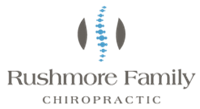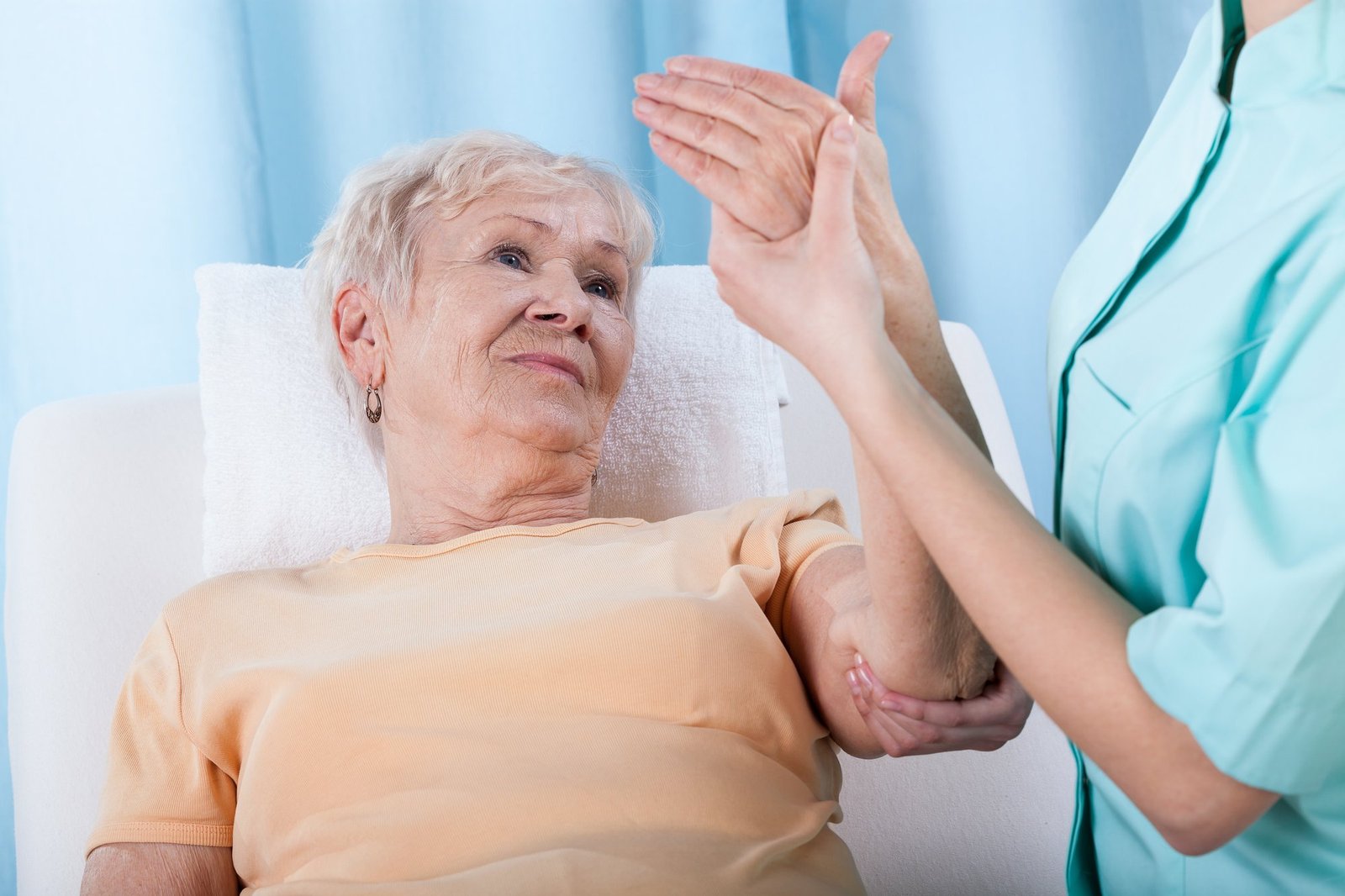At some point in most women’s lives, they will enter menopause. Menopause occurs when an adult woman no longer has a menstrual cycle. This can occur naturally, in middle age or older, or it can happen earlier for some women due to health issues like hysterectomy. Menopause is actually a multi-stage process for women who stop having their cycle. Menopause is the cessation of menstruation while perimenopause is the time leading up to menopause, the years where a woman will begin to notice changes in her cycle. That may mean getting her period more or less frequently than normal, or heavier or lighter in flow.
While everyone woman will experience menopause differently and uniquely, the common denominator is that menopause typically leads to a loss of bone density. Women’s bones are naturally more prone to osteoporosis, due to our physical makeup: our bones are smaller and thinner than a man’s. But menopause also means that the production of estrogen – the hormone that protects bones – begins to decrease, putting us at greater risk of osteoporosis, bone breaks and other bone-related risks.
As we age, our ability to overcome illness and injury also can decline which is why it’s so critical to prevent a fall or break whenever possible. It’s actually never too early to begin preventing osteoporosis. And some women are higher at risk than others. Twenty percent of Caucasian and Asian women age 50+ will develop osteoporosis, while only 5% of African-American women and 10% of Latina women will develop the disease. However, just because women of color are less at risk genetically for osteoporosis doesn’t lessen their chances – many of these women do not receive proper medical attention for their bone health, while also being more prone to lactose-intolerance, which means they likely are getting less calcium through their diets.
A good calcium supplement may be able to support a woman’s bone health as she ages, but nothing can fully replace good health in the decades leading up to menopause. Some doctors recommend that a woman begin taking estrogen replacement hormones during peri-menopause. And every woman should have a bone-density test, advising her of her personal risk factors. But did you know that you can actually build stronger, denser bones right NOW? It’s easy – increase your calcium and Vitamin D and maintain a healthy balanced diet. If you don’t drink milk, you can still get calcium through chia seeds, salmon, beans and lentils, almonds and many leafy greens like kale, spinach and collard greens. Plus, all of this is DELICIOUS and good for your overall health, so make a gorgeous salmon salad with all the above. (Skip the sugar-heavy bottled salad dressings and opt for lemon juice and olive oil with a sprinkle of salt and pepper).
If you are concerned about your bone density, talk to us about getting a referral for your bone-density test. We can also recommend bone-strengthening exercises and natural supplements to help you shrink your chances of developing fractures or osteoporosis!

